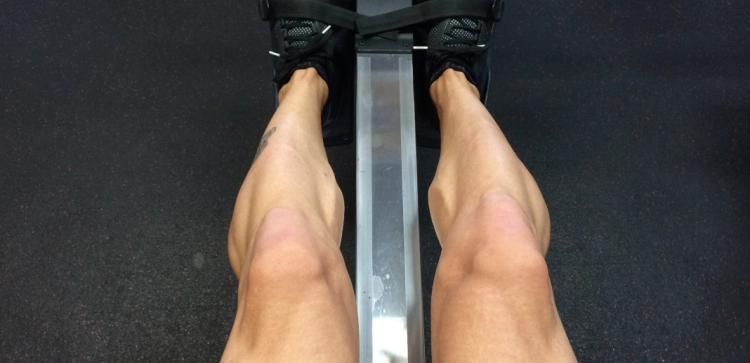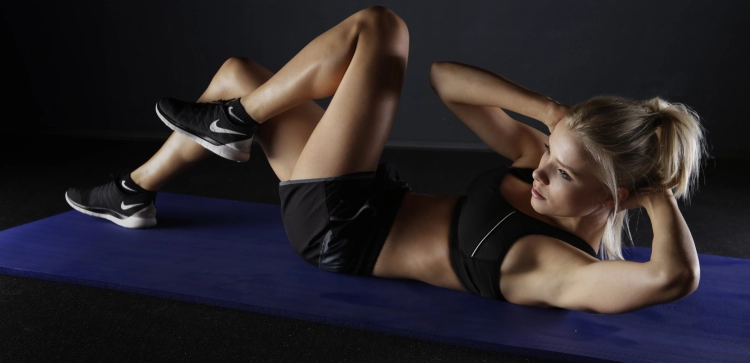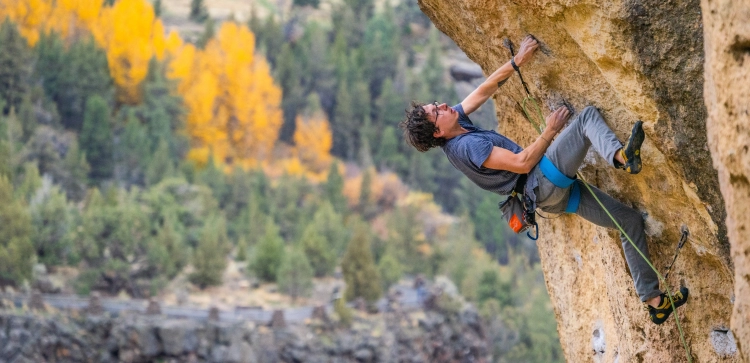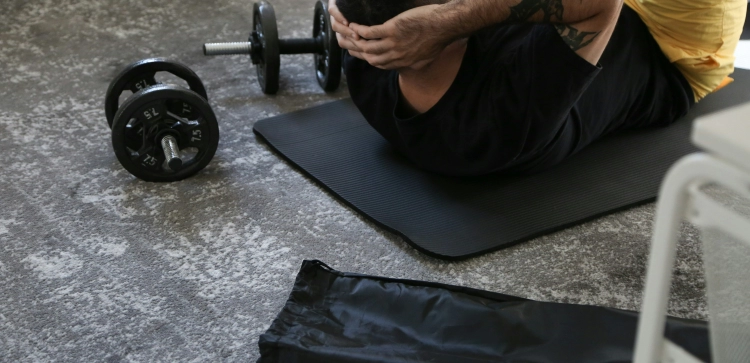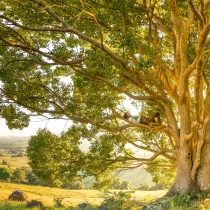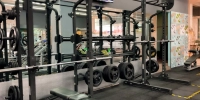What's The Role Of Core Strength In Climbing Movements?
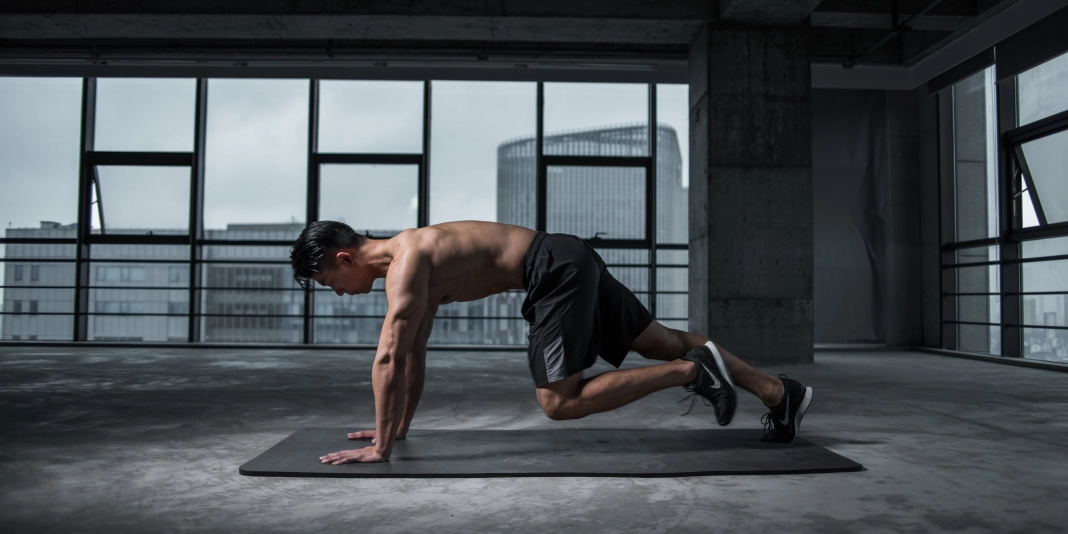
If you're passionate about climbing like I am, you know that it's a sport that demands strength, balance, and technique. While many climbers focus on building upper body strength and finger grip, one often overlooked aspect of climbing prowess is core strength. In this article, we'll delve into the critical role that core strength plays in climbing movements and how you can harness its power to become a better climber.
How does core strength impact climbing?
A strong core is the foundation of every movement in climbing. It's not just about abs; it's about the entire midsection, including the obliques, lower back, and pelvic muscles. Core strength provides stability, balance, and control as you navigate tricky routes and make dynamic movements.
Imagine clinging to an overhang, needing to move your body horizontally while keeping your feet on the wall. A strong core allows you to pivot and twist your body with precision, distributing weight effectively and maintaining balance.
Can core strength reduce the risk of injuries in climbing?
Yes, a robust core can help prevent injuries. When your core is strong, it takes some of the load off your arms, fingers, and joints. This means less strain on these areas, reducing the risk of overuse injuries. It also aids in proper body positioning, preventing awkward twists and turns that can lead to injury.
Are there specific core exercises for climbers?
Absolutely. Climbing-specific core exercises target the muscles and movements most relevant to the sport. Incorporate exercises like leg raises, hanging knee tucks, and bicycle crunches into your training routine. These movements mimic the actions you'll perform while climbing.
How can I incorporate core training into my climbing routine?
Integrating core training into your climbing regimen is essential. Allocate time for dedicated core workouts, and consider adding core exercises to your warm-up or cooldown sessions. As your core strength improves, you'll notice better performance on the wall.
What are the benefits of a strong core for climbers?
A strong core enhances your climbing performance in several ways. It allows for better body control, which means smoother and more precise movements. It also contributes to improved balance, enabling you to maintain your position on challenging holds. Moreover, a strong core helps conserve energy, allowing you to climb longer and more efficiently.
Conclusion
In the world of climbing, core strength is not a mere afterthought but a fundamental element of success. By understanding its role and dedicating time to core-specific training, you can unlock new levels of climbing performance. So, whether you're a beginner or an experienced climber, remember that a strong core is your secret weapon on the wall.

